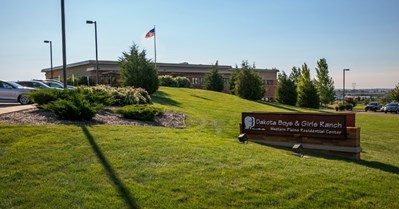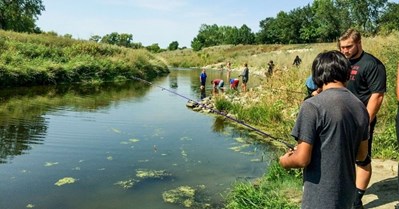My family played a lot of cards when I was growing up. I knew how to play Whist reasonably well when I still had to sit on a phone book to play at the card table. Over time I learned Pinochle, Rummy, Gin Rummy, Canasta, Spades, Hearts, and Spoons, but Whist remained my go-to game.
In every one of those games, Aces were a good thing.
But in the mental health world, ACES is an acronym for Adverse Childhood ExperienceS. ACES include things like the death of a loved one, natural disasters, illness, abuse, neglect, exposure to domestic violence, and separation from a primary caregiver.
Every child experiences adversity. During a "typical childhood," a child will experience 3 or 4 ACES. When adversity is prolonged or extreme or consists of multiple types of adversity, those events begin to affect brain development and behavioral response.
Last weekend I had the TV on while panning my husband’s homemade bread dough (That’s a whole ‘nother email, trust me!). I happened to catch a PBS documentary called “Whole People.” The documentary includes interviews with Dr. Vincent Felitti, one of the primary researchers on the Kaiser Permanente Study from the 1990s. That research and its findings, which were enlightening and unexpected, created the foundation for developing “trauma-informed care."
As the researcher related, the study was originally designed to understand the root cause of chronic health issues, obesity, and early death. They thought they’d find physical reasons for physical ailments. Instead, they found a link between childhood trauma and physical health.
According to the U.S. Department of Health and Human Services website, “The initial study focused on how traumatic childhood events may negatively affect adult health. The 17,000 participants surveyed were asked about their experiences with childhood maltreatment, family dysfunction, and current health status and behaviors. The ACE study found a direct link between childhood trauma and adult onset of chronic disease, incarceration, and employment challenges. The higher the number of ACEs, the greater the incidence of negative outcomes.”
Later research has found that careful and appropriate trauma-informed care, like we provide at Dakota Boys and Girls Ranch, can combat those lifelong issues. Many of our children have had 20 or 30 or more ACES. We work with them to heal their minds, bodies, and spirits—and it is very difficult work for the children themselves.
Please keep our kids and staff in your prayers.
For you Whist players… always invite with your lowest card in your best suit! That much I remember!
In His love,
Joy Ryan, President/CEO
Dakota Boys and Girls Ranch
Has your life been changed by the services you received at the Ranch? Did you learn to trust on the back of one of our Ranch horses? Were you able to provide for your family because of one of our thrift stores? Did you grow up with a bottle of Ranch Honey on the table?
Whether you are a donor, a Ranch graduate, or have shopped at our thrift stores, you have a story to tell. Click the link above to share how you have been impacted by Dakota Boys and Girls Ranch.
LEARN MORE ABOUT DAKOTA BOYS AND GIRLS RANCH

Great River Energy Grants $1,000 to the Ranch
Sign up today to receive ministry updates and stories about our precious kids directly to your inbox!




